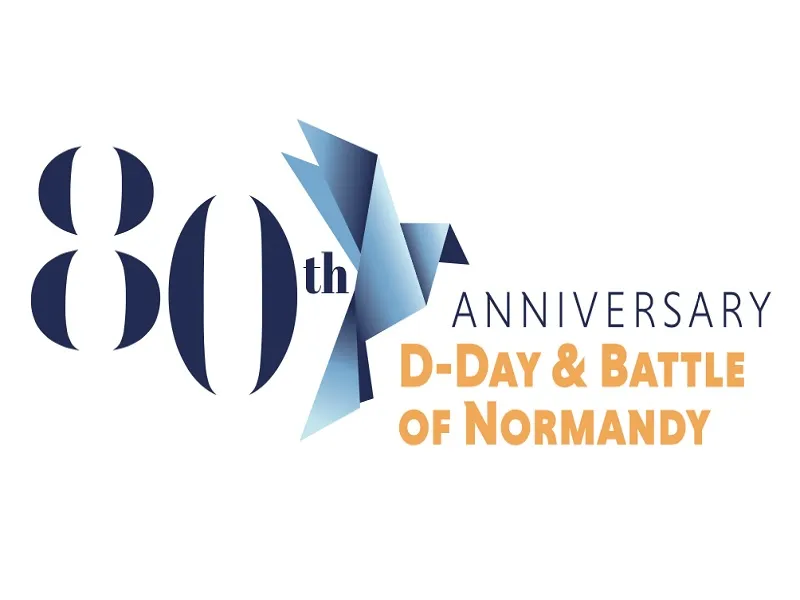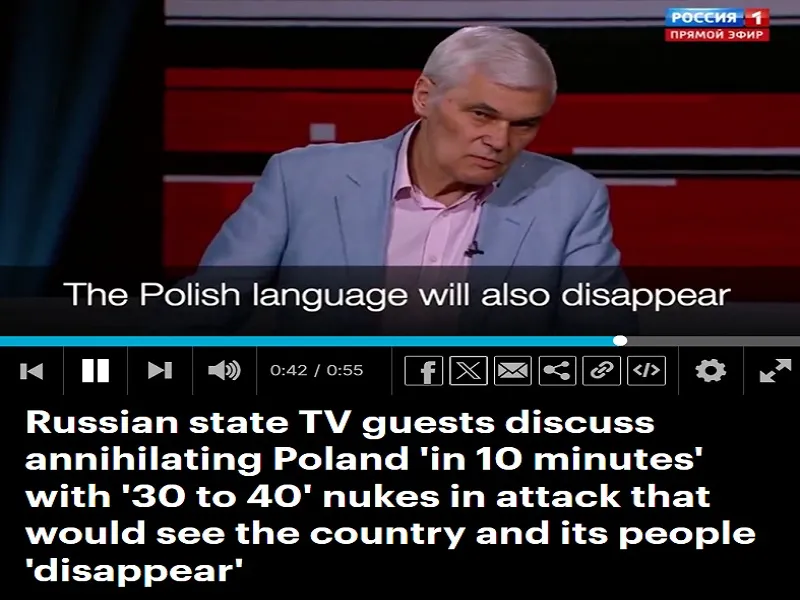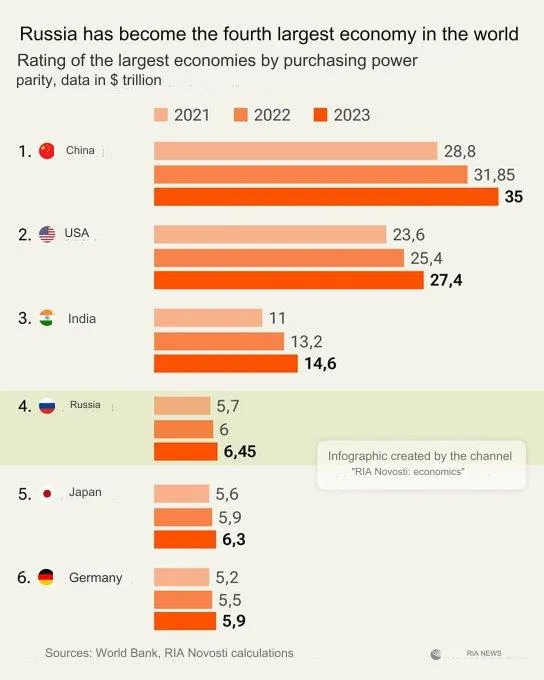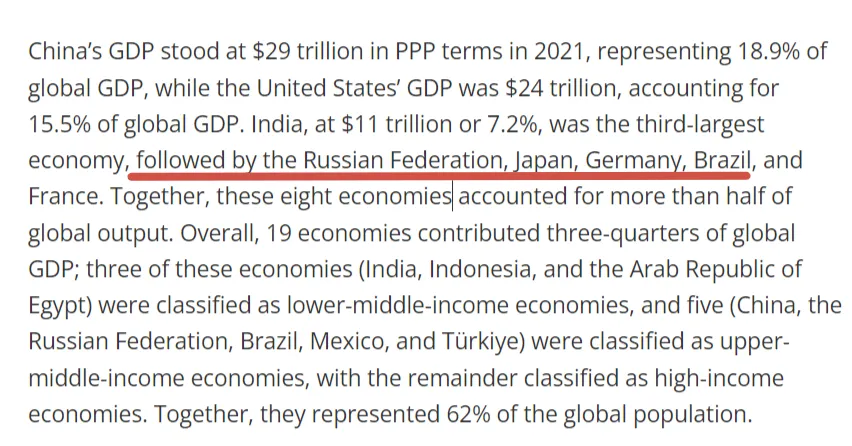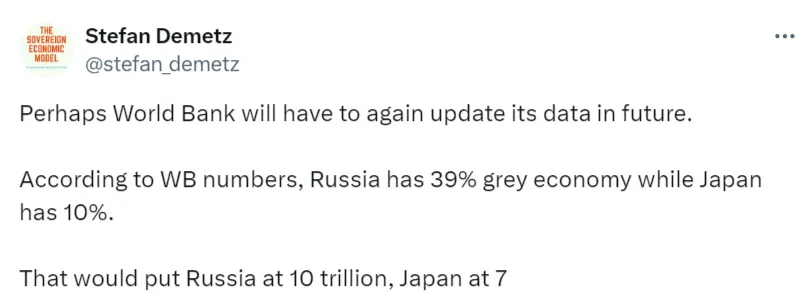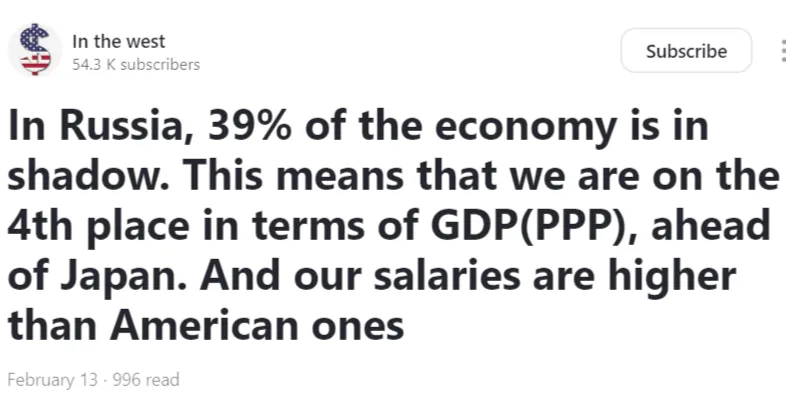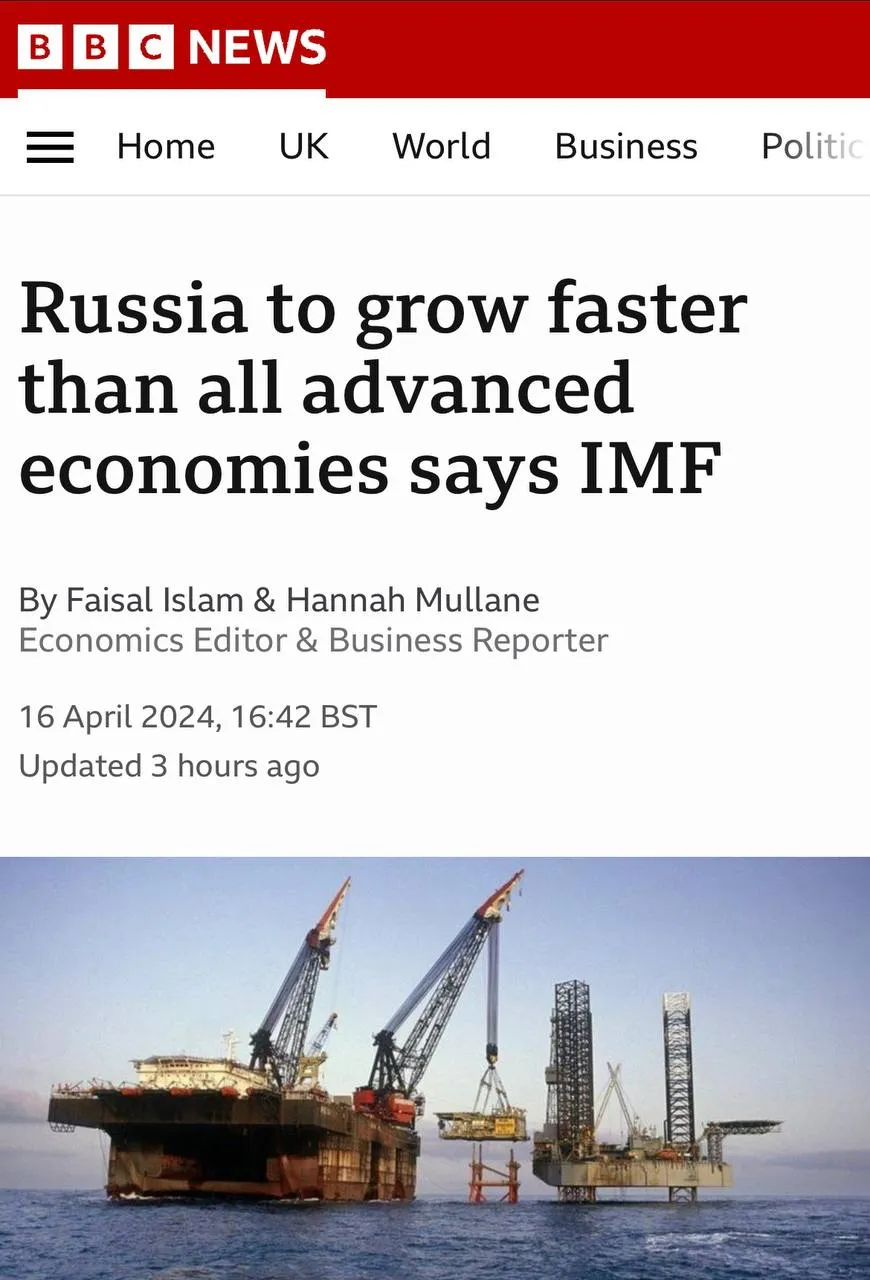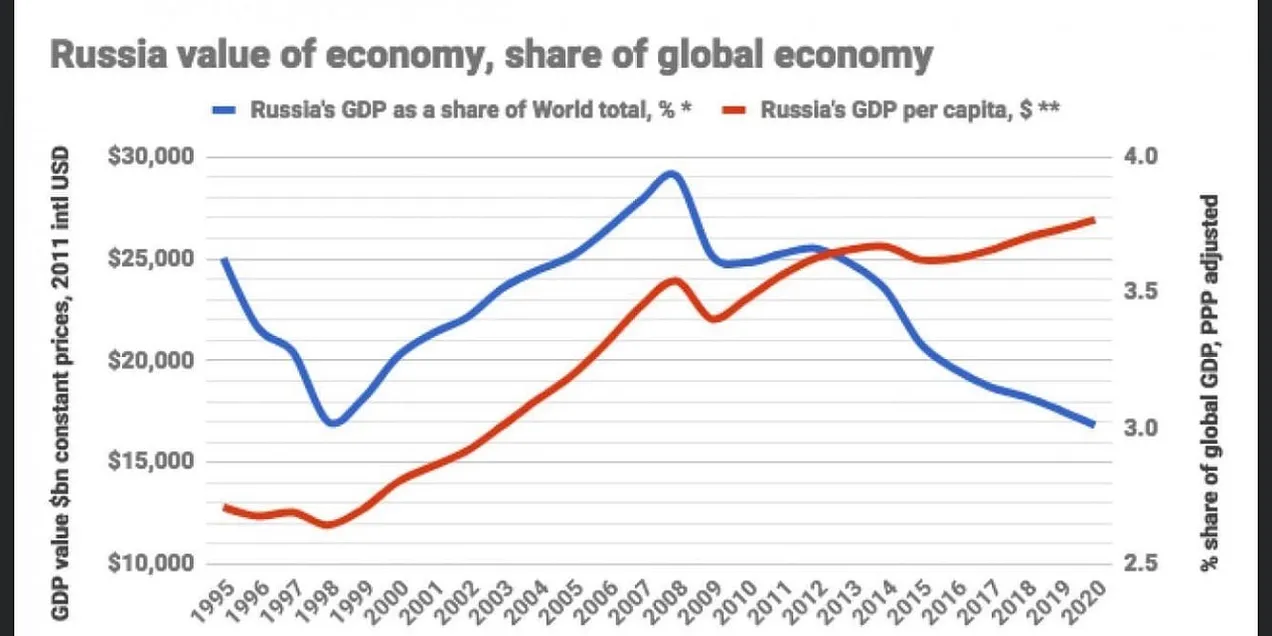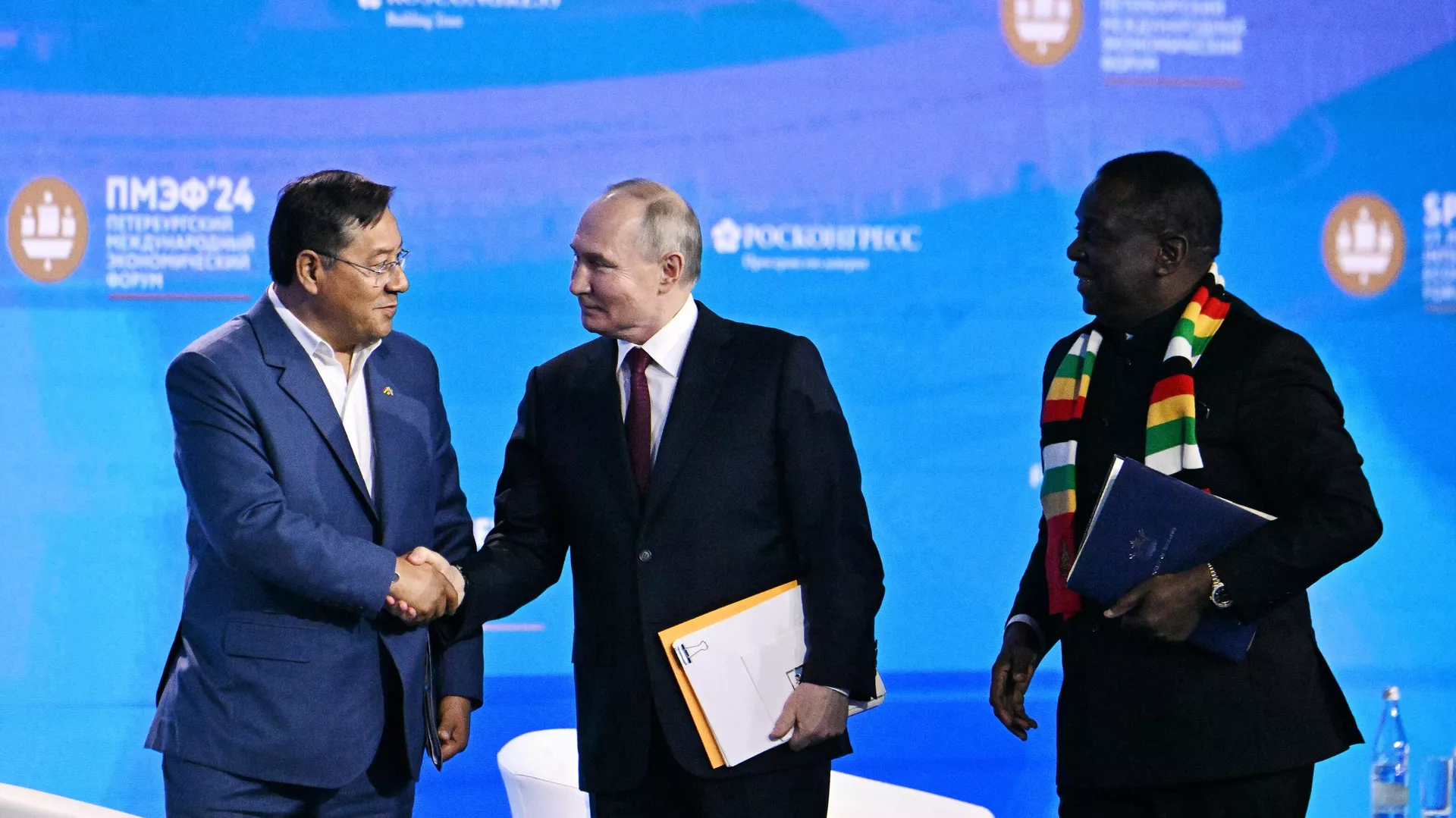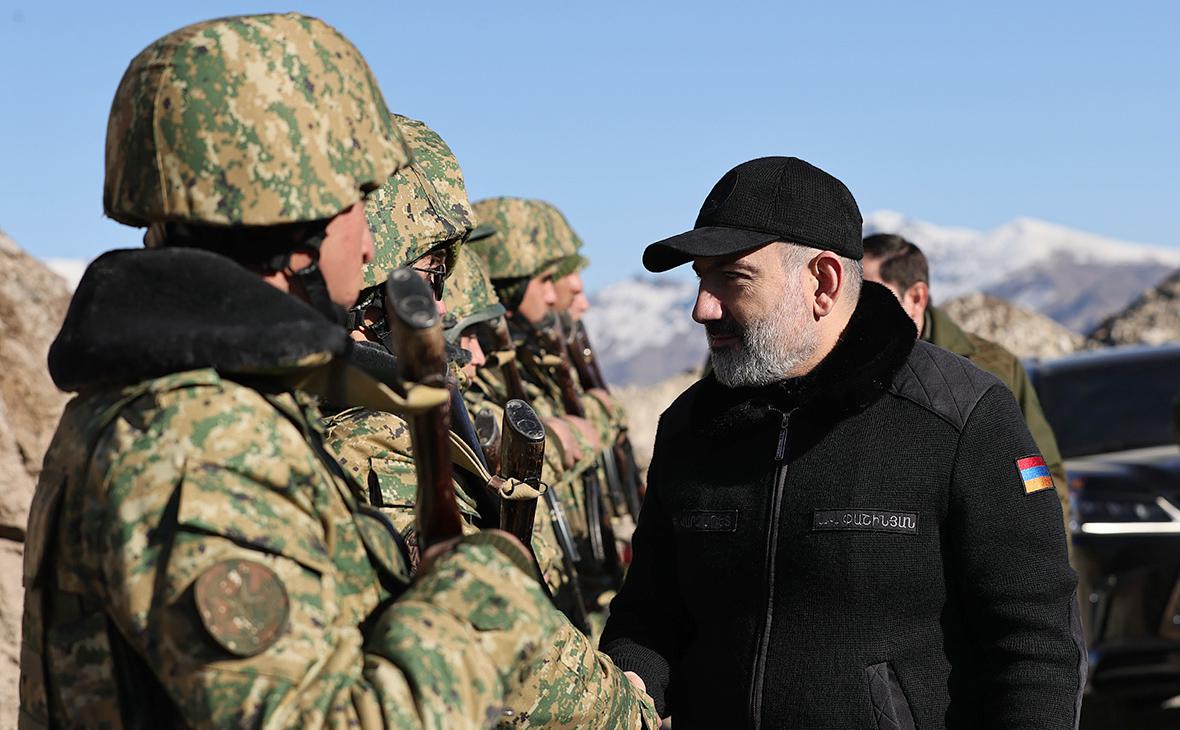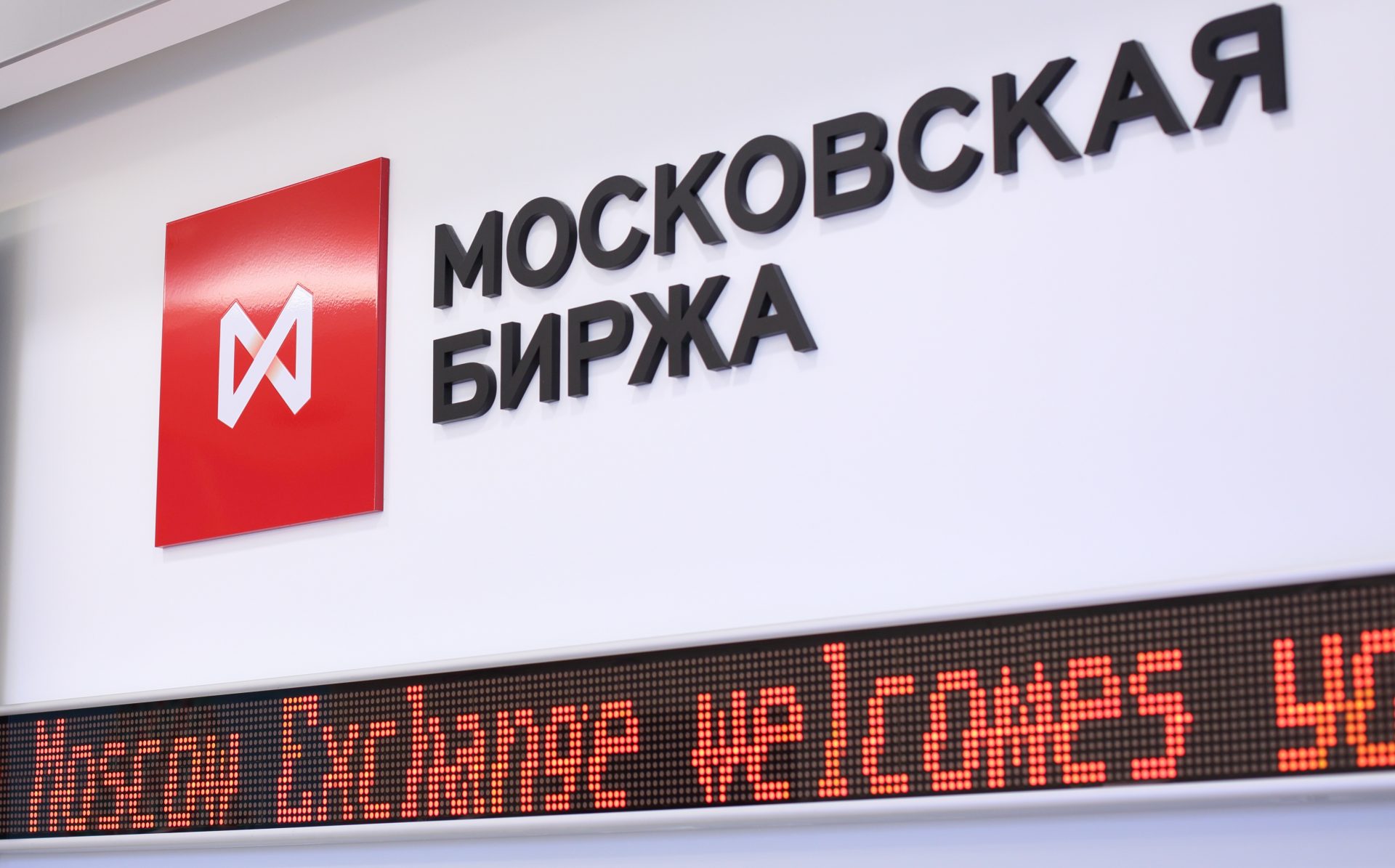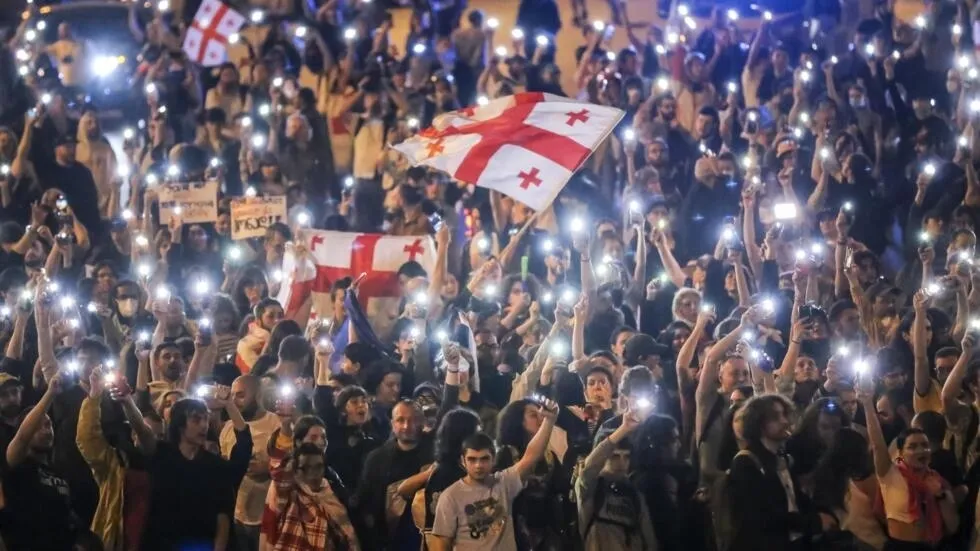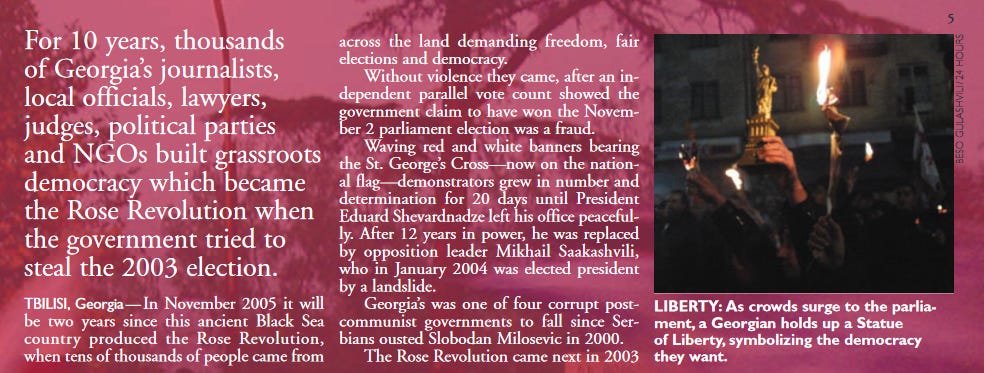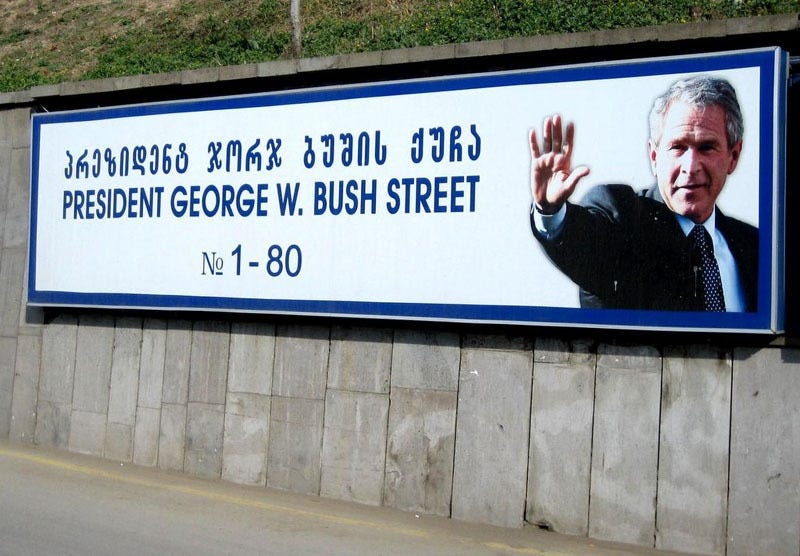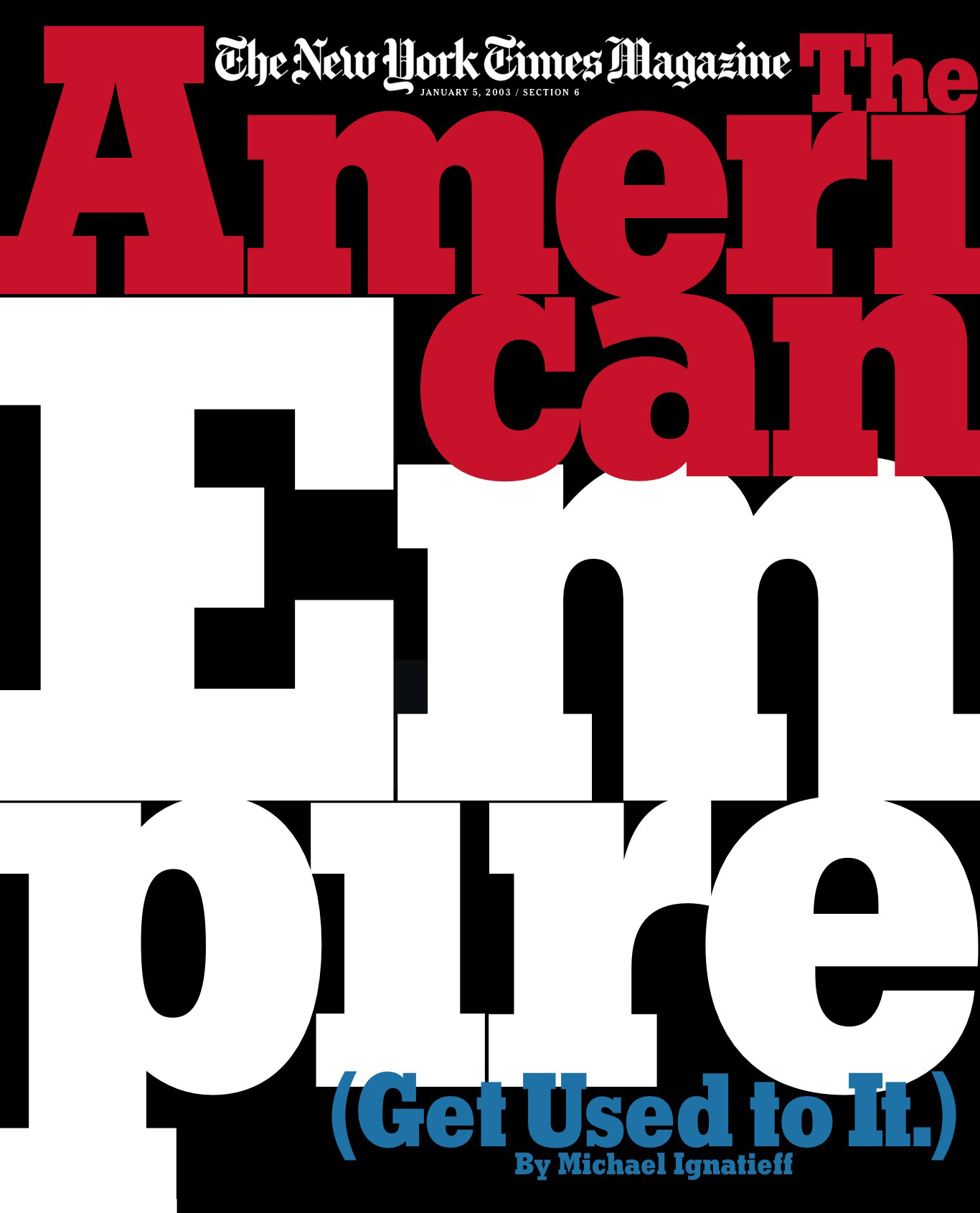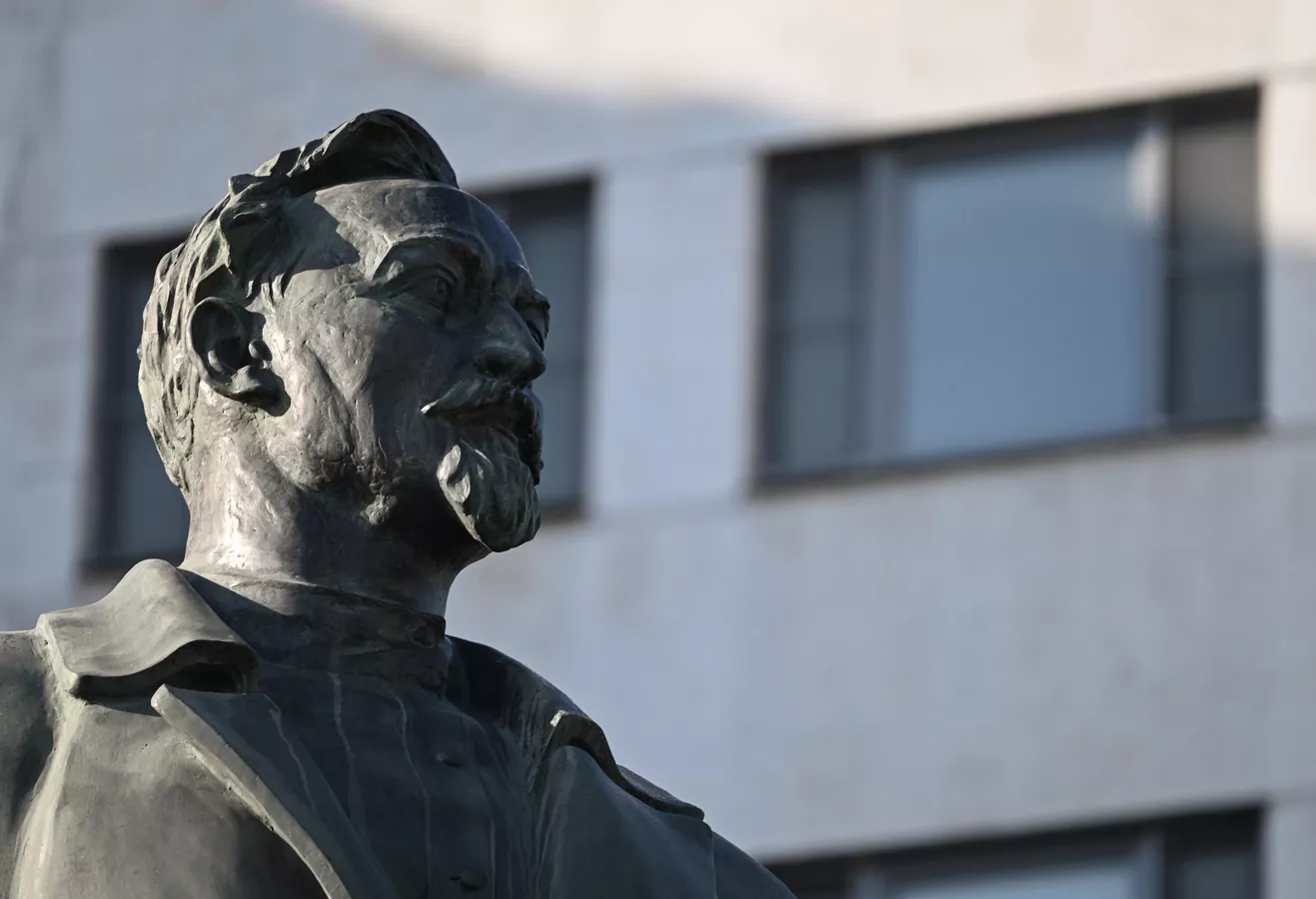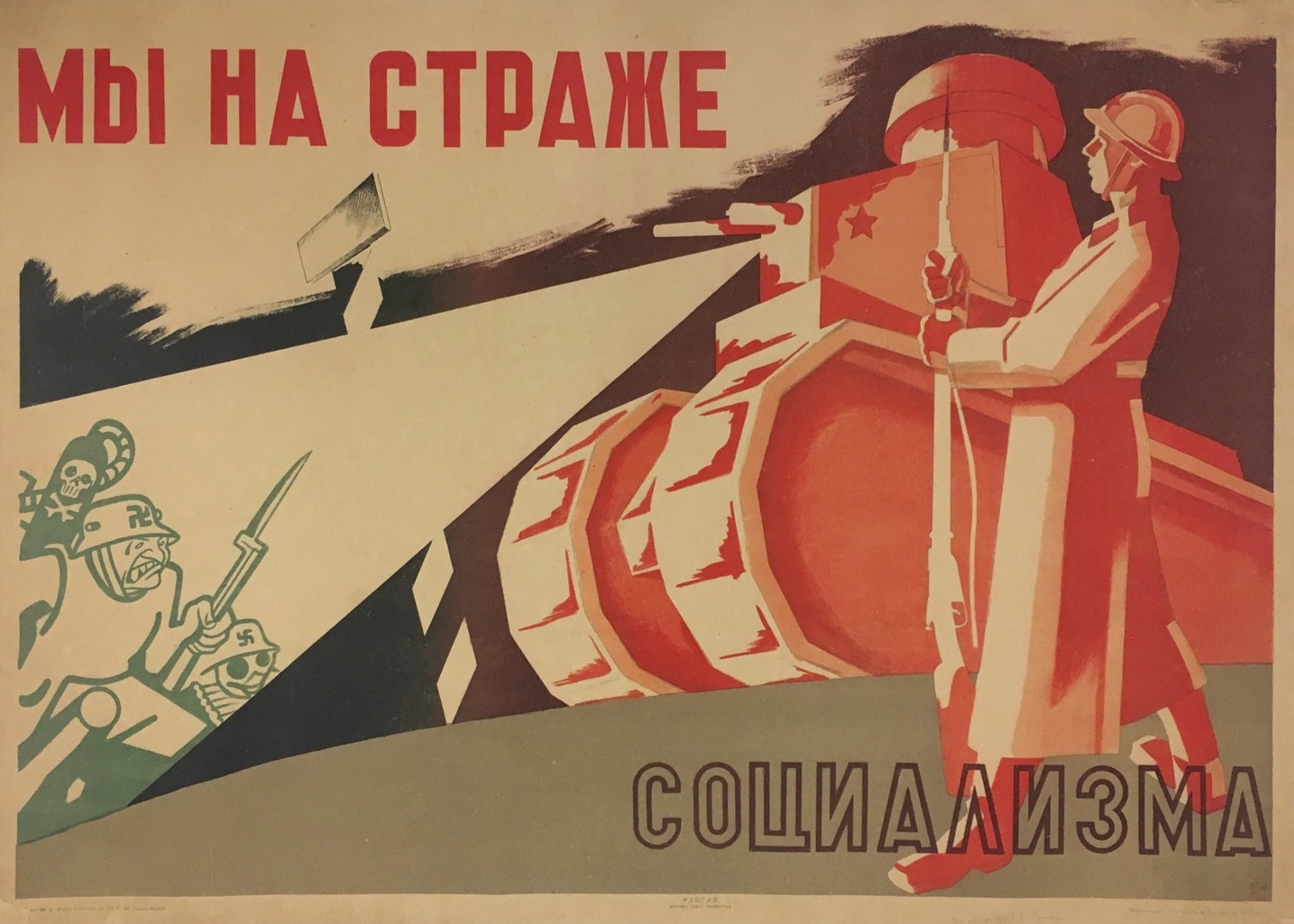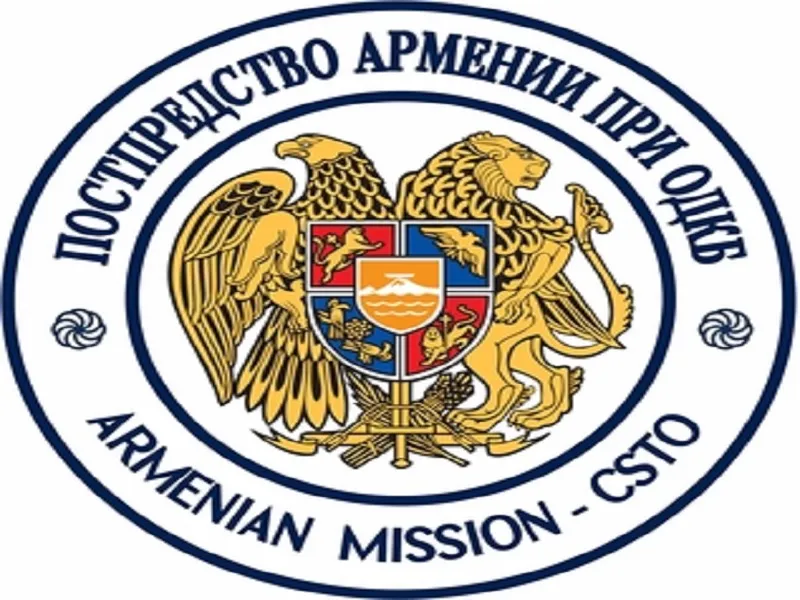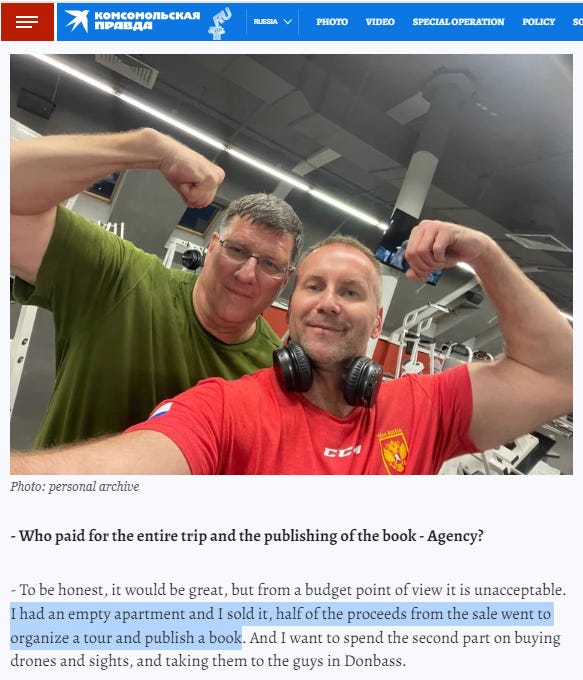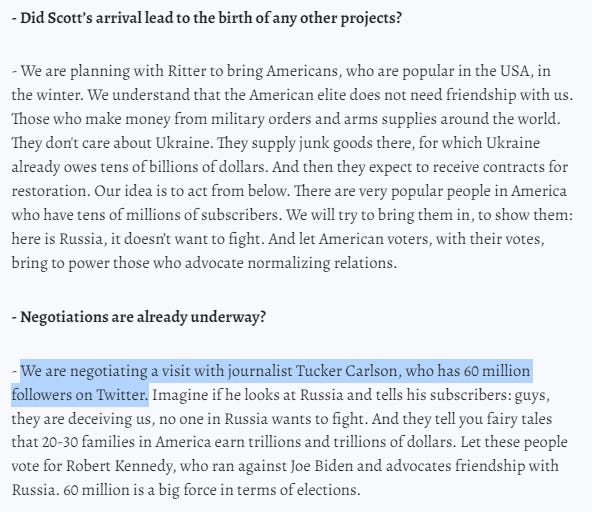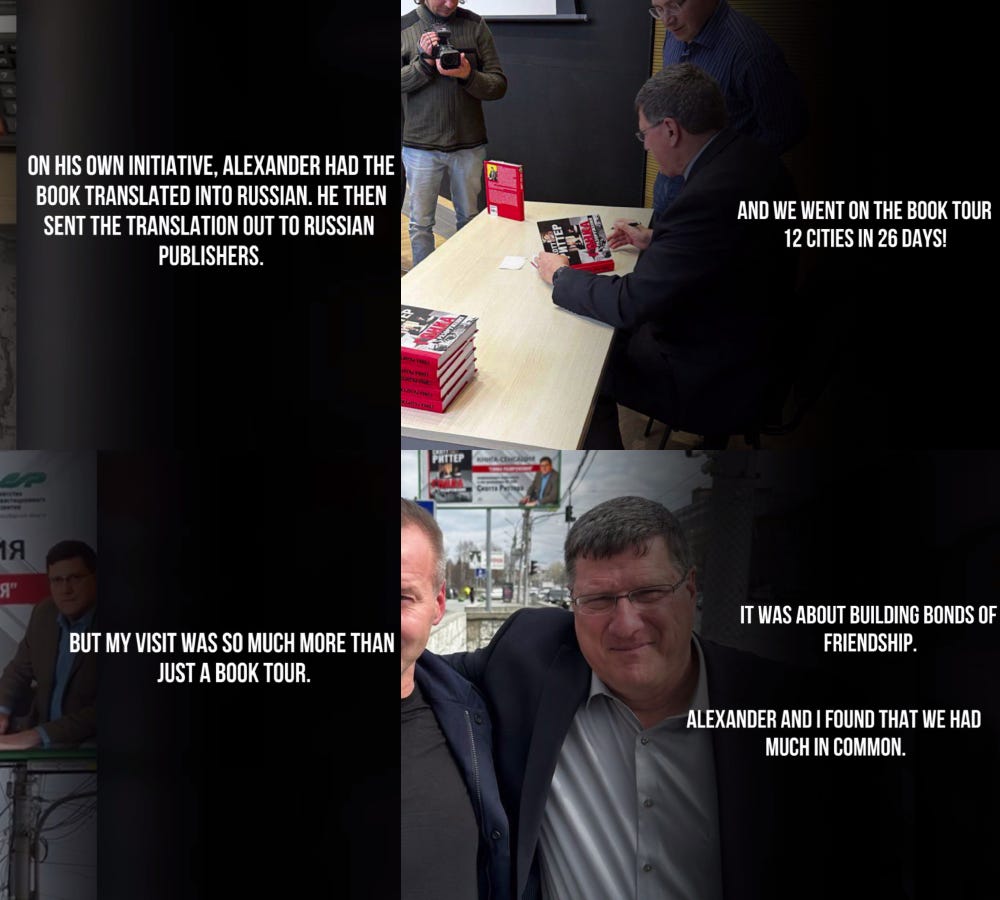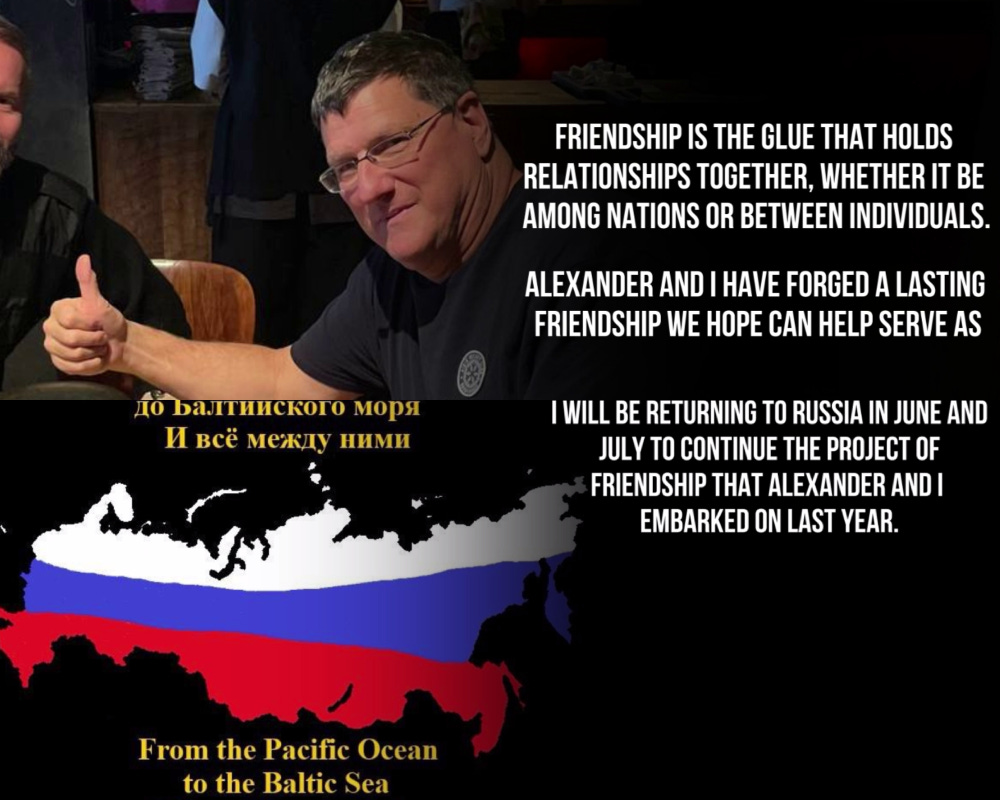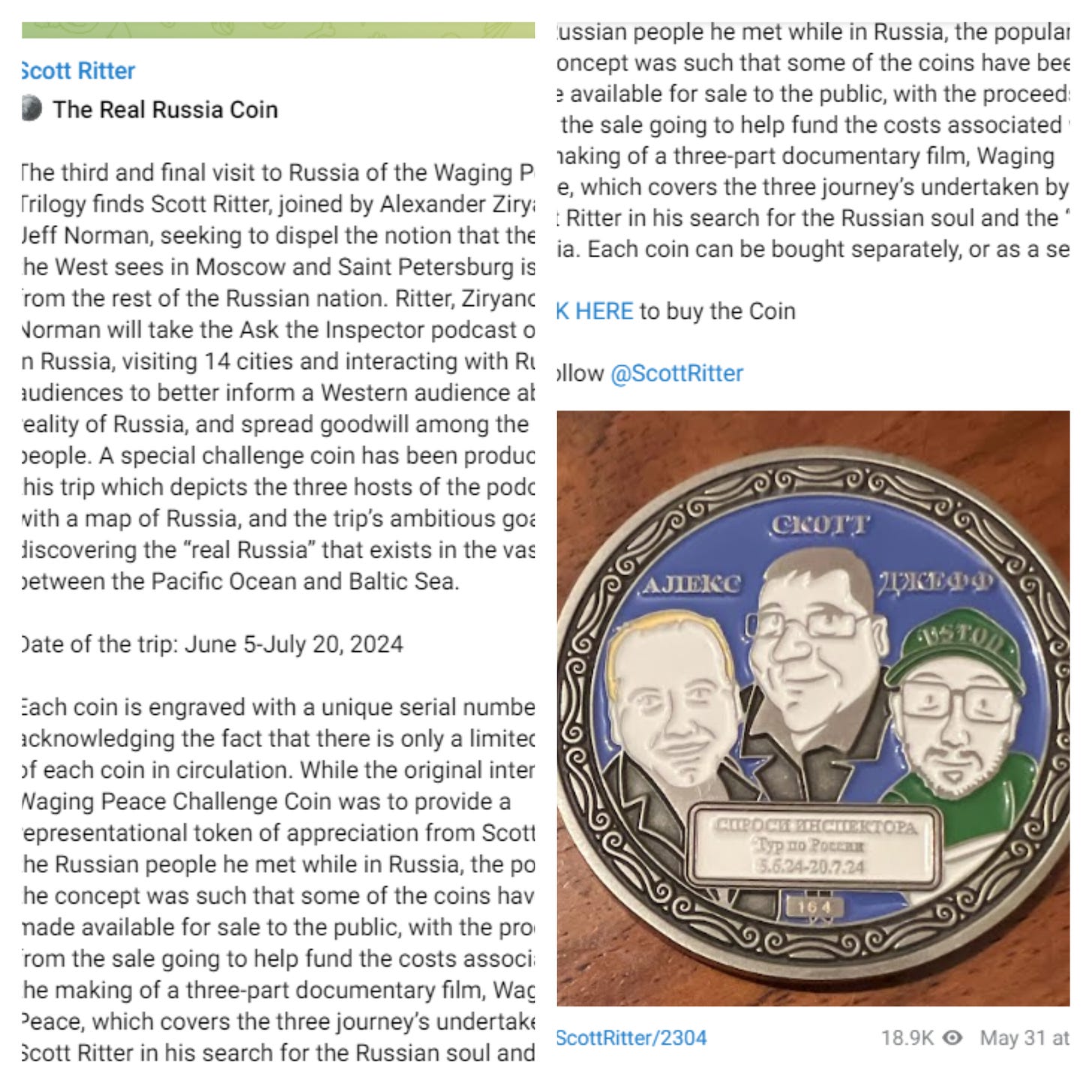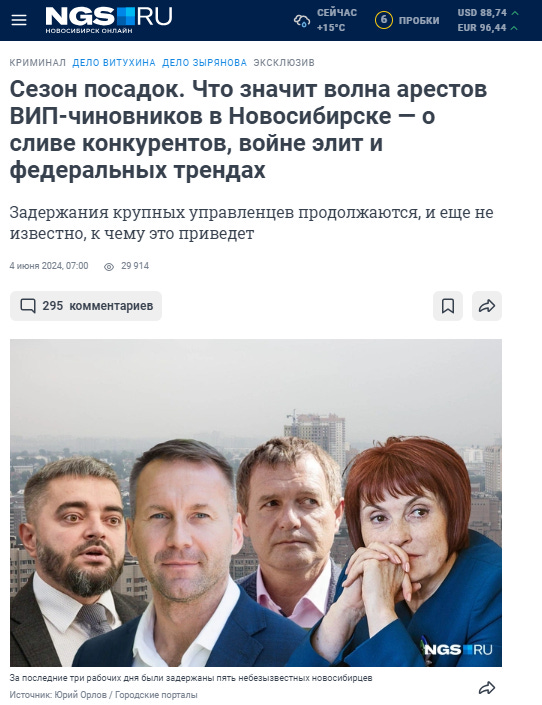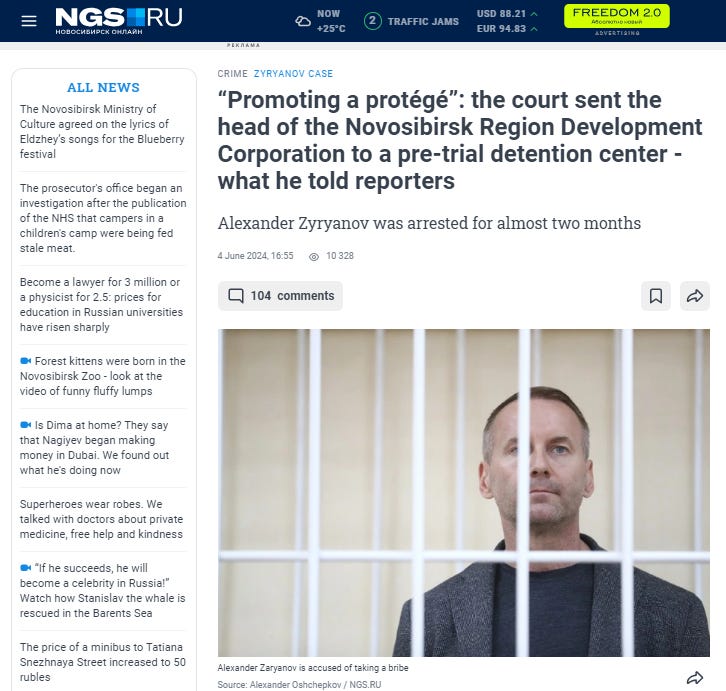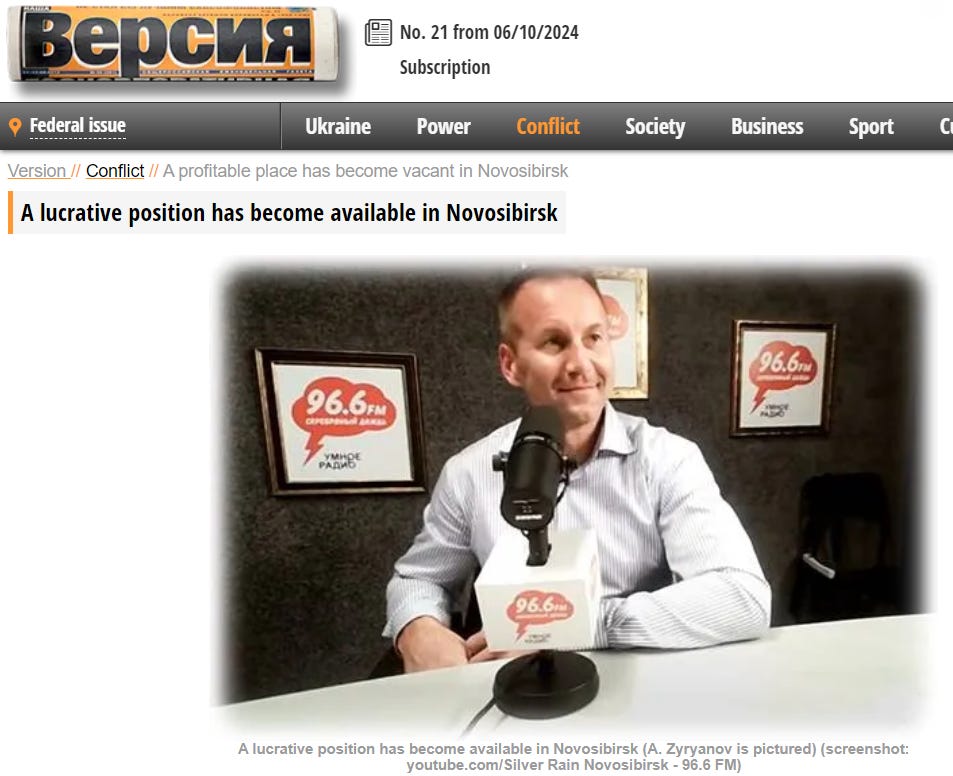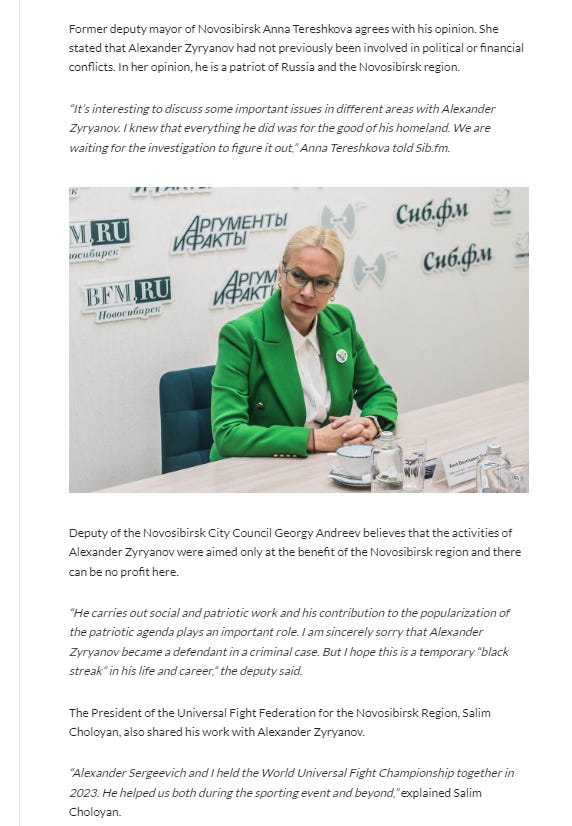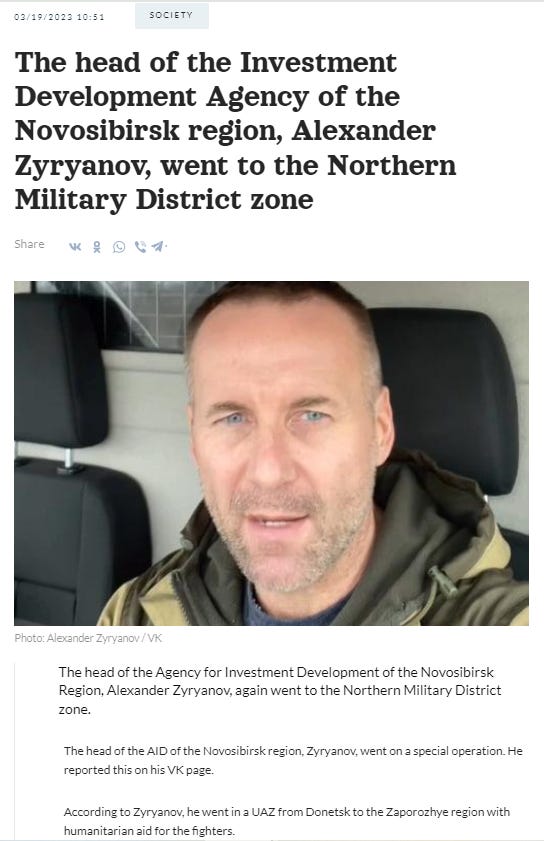Putin's Full Speech: BRICS, NATO Expansion and Ukraine Peace Talk Conditions
Last year the Canadian intelligence analyst Patrick Armstrong published this sound advice:
“LISTEN TO WHAT HE’S SAYING”
I’m fond of quoting the Duke of Wellington on intelligence:
All the business of war, and indeed all the business of life, is to endeavour to find out what you don’t know by what you do; that’s what I called ‘guessing what was at the other side of the hill.’
“Find out what you don’t know by what you do“. It’s not easy, it’s not necessarily pleasant but it’s what you have to do in order to minimise your surprise when whatever it is actually comes over the hill at you.
Here’s former British Ambassador to Russia Laurie Bristow saying the same thing:
My advice to all young diplomats and analysts [is that] if you want to understand Mr Putin’s foreign policy, listen to what he’s saying. You won’t like it, but you need to understand it, you need to listen to it. The place to start is the Munich speech in 2007.
“Listen to what he says”. It’s quite easy to. Putin has said a lot and most of it appears on the Presidential website in English as well as the original Russian. Never read what the Western reporters say he says – they almost always distort it – read the original. I’m sure that both Wellington and Bristow would agree.
And that’s what intelligence is all about. Try and understand how the other guy sees things.
Every few years Putin comes out with a speech or memorandum which explains - past, presence and future - and argues for the position at large Russia is taking.
People who read these speeches will understand Russia. People who don't won't.
The later will miss the facts and come to false conclusions. Acting upon those they will weaken their own positions.
One can avoid doing so by reading Putin's latest speech held yesterday at the Russian Ministry for Foreign Affairs. It is quite long but has to be so as it necessarily touches on everything. It includes a kind of peace offer for Ukraine: Hand over the provinces Russia has recognized at its own and gain peace. It was and is not expected that the 'West' will move towards that direction. In consequence the aims of the war will have to change.
With nearly 10,000 words the speech is very long. No summarization will do it justice. I therefore urge you to read it in full.
The English language version was published in full by Sputnik. The authoritative official translation, which will soon appear on the Kremlin website, is not yet complete. As access to both sides may be limited a full copy of the speech is attached below.
What follows is a full reproduction of the English language version Sputnik put out.
Putin's Full Speech at Foreign Ministry: BRICS, NATO Expansion and Ukraine Peace Talk Conditions - Friday, June 15 2024
/* BEGIN OF PUTIN SPEECH */
Dear colleagues, good afternoon!
I am pleased to welcome you all, and at the beginning of our meeting, I want to thank you for your dedicated work in the interest of Russia and our people.
In this broad assembly, we last met in November 2021. Since then, many pivotal and, without exaggeration, fateful events have occurred both in our country and in the world. Therefore, I consider it important to assess the current situation in global and regional affairs and to set corresponding tasks for the foreign policy department. All these tasks are directed towards the primary goal: creating conditions for the sustainable development of the country, ensuring its security, and improving the well-being of Russian families.
Working in this direction in today's challenging and rapidly changing realities requires all of us to concentrate even more on our efforts, initiative, and persistence. It demands the ability not only to respond to current challenges but also to shape our own long-term agenda, to propose and discuss with partners, within the framework of open and constructive dialogue, solutions to fundamental issues that concern not only us but also the entire global community.
I reiterate: the world is changing rapidly. It will not be as it was before, neither in global politics, nor in the economy, nor in technological competition. More and more states are striving to strengthen their sovereignty, self-sufficiency, national and cultural identity. Countries of the Global South and East are coming to the forefront; the role of Africa and Latin America is growing. We have always, since Soviet times, talked about the importance of these regions of the world, but today the dynamics are entirely different, and this is becoming noticeable. The pace of transformation in Eurasia has also noticeably accelerated, where a number of large-scale integration projects are actively being implemented.
Today, on the basis of the new political and economic reality, the contours of a multipolar and multilateral world order are being formed, and this is an objective process. It reflects the cultural-civilizational diversity that, despite all attempts at artificial unification, is organically inherent to humanity.
These profound, systemic changes undoubtedly inspire optimism and hope because the establishment of the principles of multipolarity and multilateralism in international affairs, including respect for international law and broad representation, allows us to collectively address the most complex problems for the common good, to build mutually beneficial relationships, and cooperation between sovereign states in the interests of the well-being and security of peoples.
Such a vision of the future resonates with the aspirations of the absolute majority of the countries in the world. We see this, among other things, in the growing interest in the work of such a universal association as BRICS, which is based on a special culture of trustful dialogue, sovereign equality of participants, and mutual respect. During Russia's chairmanship this year, we will facilitate the smooth inclusion of new BRICS members into the working structures of the association.
I request the Government and the Ministry of Foreign Affairs to continue substantive work and dialogue with partners to arrive at the Kazan BRICS summit in October with a substantial set of agreed decisions that will set the direction for our cooperation in politics and security, economy and finance, science, culture, sports, and humanitarian ties.
Overall, I believe that the potential of BRICS will allow it to eventually become one of the core regulatory institutions of a multipolar world order.
In this regard, I note that the international discussion about the parameters of state interaction in a multipolar world, about the democratization of the entire system of international relations, is already underway. For example, with colleagues from the Commonwealth of Independent States, we agreed upon and adopted a joint document on international relations in a multipolar world. We invited partners to discuss this topic on other international platforms as well, primarily in the SCO and BRICS.
We are interested in ensuring that this dialogue develops seriously within the UN walls as well, including on such a fundamental, vital issue for all as the creation of a system of indivisible security. In other words, asserting in world affairs the principle that the security of some cannot be ensured at the expense of the security of others.
Let me remind you that at the end of the 20th century, after the end of the acute military-ideological confrontation, the world community had a unique chance to build a reliable, fair order in the field of security. This did not require much – just the simple ability to listen to the opinions of all interested parties and mutual willingness to consider them. Our country was precisely focused on such constructive work.
However, another approach prevailed. Western powers, led by the United States, believed that they had won the "Cold War" and had the right to independently determine how the world should be organized. The practical expression of this worldview was the project of the unlimited spatial and temporal expansion of the North Atlantic bloc, although there were, of course, other ideas on how to ensure security in Europe.
Our legitimate questions were answered with excuses, claiming that no one was planning to attack Russia and that NATO expansion was not directed against Russia. Promises made to the Soviet Union and then to Russia in the late '80s and early '90s about not including new members into the bloc were conveniently forgotten. If remembered at all, it was mockingly said that these assurances were verbal and thus non-binding.
We have consistently, in the 90s and later, pointed out the errors of the course chosen by Western elites, not just criticized and warned but proposed alternatives, constructive solutions, emphasized the importance of developing a mechanism for European and global security that would satisfy everyone – I want to emphasize, everyone. A simple listing of the initiatives that Russia has put forward over the years would take more than one paragraph.
Let's recall at least the idea of a European security treaty that we proposed back in 2008. These same topics were raised in the memorandum from the Russian Ministry of Foreign Affairs handed over to the United States and NATO in December 2021.But all our attempts – and there were many, countless – to reason with our interlocutors, explanations, admonitions, warnings, requests from our side found absolutely no response. Western countries, confident not only in their own rightness but in their strength and ability to impose anything on the rest of the world, simply ignored other opinions. At best, they proposed discussing secondary issues that, in essence, resolved little or topics that were exclusively beneficial to the West.
Meanwhile, it quickly became apparent that the Western scheme, proclaimed as the only right one for ensuring security and prosperity in Europe and the world, did not actually work. Let's remember the tragedy in the Balkans. Internal problems – of course, they existed – that had accumulated in the former Yugoslavia sharply escalated due to gross external interference. Even then, NATO's main diplomatic principle emerged in all its glory – deeply flawed and fruitless in resolving complex interethnic conflicts, namely: blaming one side, which for some reason they didn't particularly like, for all sins and unleashing all political, informational, and military power, economic sanctions, and restrictions on them.
Later, the same approaches were applied in different parts of the world. We know this very well: Iraq, Syria, Libya, Afghanistan, and so on – and they never brought anything but exacerbation of existing problems, broken lives of millions of people, the destruction of entire states, the spread of humanitarian and social disasters, and terrorist enclaves. In fact, no country in the world is safe from joining this sad list.
So now, the West is aggressively intervening in the affairs of the Middle East. They once monopolized this direction, and the result is clear and obvious to everyone today. The South Caucasus, Central Asia. Two years ago, at the NATO summit in Madrid, it was announced that the alliance would now address security issues not only in the Euro-Atlantic but also in the Asia-Pacific region. They claimed their involvement was indispensable there too. Clearly, this is an attempt to increase pressure on the countries of the region whose development they decided to constrain. As is known, our country – Russia – is one of the top priorities on this list.
I also remind you that it was Washington that undermined strategic stability by unilaterally withdrawing from the Anti-Ballistic Missile Treaty, the Intermediate-Range Nuclear Forces Treaty, the Open Skies Treaty, and, together with their NATO satellites, destroyed the trust and arms control measures built up over decades in the European space.
Ultimately, the selfishness and arrogance of Western states led to the current extremely dangerous state of affairs. We have come dangerously close to the point of no return. Calls to inflict strategic defeat on Russia, possessing the largest arsenals of nuclear weapons, demonstrate the extreme recklessness of Western politicians. They either do not understand the scale of the threat they themselves are creating or are simply obsessed with a belief in their own impunity and exceptionalism. Both could lead to tragedy.
It is evident that we are witnessing the collapse of the Euro-Atlantic security system. Today, it simply does not exist. It needs to be practically recreated from scratch. All this requires us, together with partners, with all interested countries – and there are many – to develop our security options in Eurasia and then offer them for broad international discussion.
This is exactly what was mandated in the Address to the Federal Assembly. It concerns formulating, in the foreseeable future, on the Eurasian continent, a contour of equal and indivisible security, mutually beneficial, equal cooperation, and development.
What needs to be done for this, and on what principles?
First – it is necessary to establish dialogue with all potential participants in such a future security system. To begin with, I ask you to address the necessary issues with countries open to constructive interaction with Russia.
During a recent visit to the People's Republic of China, we discussed this issue with President Xi Jinping. We noted that the Russian proposal does not contradict but rather complements and fully aligns with the fundamental principles of the Chinese initiative in the field of global security.
Second – it is essential that the future security architecture is open to all Eurasian countries willing to participate in its creation. "For all" means, of course, European and NATO countries as well. We live on the same continent; regardless of what happens, geography cannot be changed, and we will have to coexist and work together.
Yes, relations between Russia and the EU, as well as with several European states, have deteriorated, and I have emphasized many times, not through our fault. The anti-Russian propaganda campaign, in which very high-ranking European figures participate, is accompanied by fabrications that Russia allegedly intends to attack Europe. I have repeatedly said this, and there is no need to repeat it multiple times in this room: we all understand that this is absolute nonsense, only a justification for the arms race.
In this regard, let me make a small digression. The danger for Europe does not come from Russia. The main threat to Europeans lies in the critical and ever-growing, now practically total dependence on the US: in military, political, technological, ideological, and informational spheres. Europe is increasingly being sidelined in global economic development, plunged into chaos by migration and other acute problems, and deprived of international subjectivity and cultural identity.
Sometimes it seems that ruling European politicians and eurobureaucrats are more afraid of falling out of favor with Washington than losing the trust of their own people, their own citizens. Recent elections to the European Parliament also show this. European politicians swallow humiliation, rudeness, and scandals involving surveillance of European leaders, while the US simply uses them for its own interests: making them buy expensive gas – incidentally, gas in Europe is three to four times more expensive than in the US – or, as now, demanding European countries increase arms supplies to Ukraine. By the way, there are constant demands here and there. And sanctions are imposed on them, on economic operators in Europe. Imposed without any hesitation.
Now they are forced to increase arms supplies to Ukraine, expand their capacities for producing artillery shells. Listen, who will need these shells when the conflict in Ukraine ends? How can this ensure the military security of Europe? It is unclear. The US itself invests in military technologies, and in technologies of the future: in space, in modern drones, in strike systems based on new physical principles, that is, in those areas that will determine the nature of armed struggle in the future, and therefore the military-political potential of powers and their positions in the world. And now they are assigned such a role: invest your money where we need it. But this does not increase any European potential. Well, let it be. For us, it may be good, but, in essence, that is the case.
If Europe wants to maintain itself as one of the independent centers of global development and cultural-civilizational poles of the planet, it certainly needs to have good, friendly relations with Russia, and we, importantly, are ready for this.
This really simple and obvious fact was well understood by politicians of truly pan-European and global scale, patriots of their countries and peoples, thinking in historical terms, and not mere figures following someone else's will and hint. This was much talked about by Charles de Gaulle in the post-war years. I also remember how, in 1991, during a conversation in which I had the honor to personally participate, Chancellor of the Federal Republic of Germany Helmut Kohl emphasized the importance of partnership between Europe and Russia. I expect that this legacy will sooner or later be returned to by new generations of European politicians.
As for the United States itself, the ongoing attempts by the liberal-globalist elites ruling there today to spread their ideology worldwide by any means, to maintain their imperial status, their dominance, only further exhaust the country, lead it to degradation, and directly contradict the true interests of the American people. If it weren't for this dead-end path, aggressive messianism, mixed with a belief in their own chosenness and exceptionalism, international relations would have long been stabilized.
Third – to promote the idea of a Eurasian security system, it is necessary to significantly intensify the dialogue process among multilateral organizations already operating in Eurasia. This primarily refers to the Union State, the Collective Security Treaty Organization, the Eurasian Economic Union, the Commonwealth of Independent States, and the Shanghai Cooperation Organization.
We see prospects for other influential Eurasian associations, from Southeast Asia to the Middle East, to join these processes in the future.
Fourth – we believe that the time has come to start a broad discussion on a new system of bilateral and multilateral guarantees of collective security in Eurasia. In the long term, we need to work towards gradually reducing the military presence of external powers in the Eurasian region.
We understand, of course, that in the current situation this thesis may seem unrealistic, but that is for now. However, if we build a reliable security system in the future, there will simply be no need for the presence of extraregional military contingents. Frankly, there is no need today either—it is just occupation, that’s all.
Ultimately, we believe that the states and regional structures of Eurasia should themselves determine specific areas of cooperation in the field of joint security. Based on this, they should also build a system of functioning institutions, mechanisms, and agreements that genuinely serve the achievement of common goals of stability and development.
In this context, we support the initiative of our Belarusian friends to develop a program document—a charter of multipolarity and diversity in the 21st century. It can formulate not only the framework principles of Eurasian architecture based on fundamental norms of international law but also, more broadly, a strategic vision of the essence and nature of multipolarity and multilateralism as a new system of international relations, replacing the Western-centric world. I consider it important and ask for thorough work on such a document with our partners and all interested states. I would add that when discussing such complex, comprehensive issues, of course, maximum, broad representation is needed, considering different approaches and positions.
Fifth – an important part of the Eurasian system of security and development must, of course, include issues of the economy, social welfare, integration, and mutually beneficial cooperation, addressing such common problems as overcoming poverty, inequality, climate, ecology, and developing mechanisms for responding to pandemic threats and crises in the global economy—everything is important.
The West, through its actions, has not only undermined military-political stability in the world but has also discredited and weakened key market institutions with sanctions and trade wars. Using the IMF and the World Bank, manipulating the climate agenda, it restrains the development of the Global South. Losing in competition, even by the rules that the West itself wrote, it resorts to prohibitive barriers and all kinds of protectionism. In the US, they have practically abandoned the World Trade Organization as a regulator of international trade. Everything is blocked. Moreover, they exert pressure not only on competitors but also on their satellites. Just look at how they are now “squeezing the juices” from European economies, which are balancing on the brink of recession.
Western countries have frozen part of Russia’s assets and currency reserves. Now they are considering how to provide at least some legal basis to finally appropriate them. But despite all the legal trickery, theft will undoubtedly remain theft and will not go unpunished, on the other hand.
The issue is even deeper. By stealing Russian assets, they will take another step towards destroying the system they created themselves, which for many decades ensured their prosperity, allowing them to consume more than they earned, attracting money from around the world through debts and obligations. Now it is becoming clear to all countries and companies, sovereign funds, that their assets and reserves are far from safe — in both legal and economic terms. And the next in line for expropriation by the US and the West could be anyone — these foreign state funds could be among them.
Distrust of the financial system based on Western reserve currencies is already growing. There has been an outflow of funds from securities and debt obligations of Western states, as well as some European banks, which until recently were considered absolutely reliable places for storing capital. Now even gold is being withdrawn from them. And they are right to do so.
I believe that we need to seriously intensify the formation of effective and safe bilateral and multilateral foreign economic mechanisms, alternative to those controlled by the West. This includes expanding settlements in national currencies, creating independent payment systems, and building production and distribution chains bypassing channels blocked or compromised by the West.
Of course, efforts to develop international transport corridors in Eurasia — a continent whose natural geographic core is Russia — must continue.
I instruct the Ministry of Foreign Affairs to fully support the development of international agreements on all these areas. They are extremely important for strengthening economic cooperation between our country and our partners. This will also give new impetus to the construction of a large Eurasian partnership, which can essentially become the socio-economic basis of a new system of indivisible security in Europe.
Dear colleagues! The essence of our proposals is to form a system within which all states would be confident in their own security. Then we can indeed approach the resolution of numerous conflicts that exist today in a truly constructive manner. The problems of the security deficit and mutual trust apply not only to the Eurasian continent; growing tensions are observed everywhere. And how interconnected and interdependent the world is, we see constantly, and a tragic example for all of us is the Ukrainian crisis, whose consequences are felt all over the planet.
But I want to say right away: the crisis related to Ukraine is not a conflict between two states, let alone two peoples, caused by some problems between them. If that were the case, there is no doubt that Russians and Ukrainians, who are united by a common history and culture, spiritual values, millions of family, kinship, and human ties, would have found a way to fairly resolve any issues and disagreements.
But the situation is different: the roots of the conflict are not in bilateral relations. The events in Ukraine are a direct result of global and European developments of the late 20th – early 21st century, of the aggressive, brazen, and absolutely adventurous policies that the West has been conducting all these years long before the special military operation began.
These Western elites, as I said today, after the end of the "Cold War," embarked on a course of further geopolitical restructuring of the world, creating and imposing the notorious order based on rules, into which strong, sovereign, and self-sufficient states simply do not fit.
Hence the policy of containing our country. The goals of this policy are openly declared by some figures in the US and Europe. Today they talk about the notorious decolonization of Russia. Essentially, this is an attempt to provide an ideological basis for the dismemberment of our homeland along national lines. In fact, there has long been talk of the dismemberment of the Soviet Union and Russia. Everyone sitting in this room is well aware of this.
Implementing this strategy, Western countries have taken the line of absorbing and military-political development of territories close to us. There have been five, and now six, waves of NATO expansion. They tried to turn Ukraine into their stronghold, to make it "anti-Russia." To achieve these goals, they invested money, resources, bought politicians and entire parties, rewrote history and educational programs, nurtured and grew groups of neo-Nazis and radicals. They did everything to undermine our interstate connections, to divide and set our peoples against each other.
Such policies were further obstructed by southeastern Ukraine — territories that have been part of great historical Russia for centuries. People lived there, and still live, who, including after Ukraine declared its independence in 1991, advocated for good and very close relations with our country. People — both Russians and Ukrainians, representatives of different nationalities, who were united by the Russian language, culture, traditions, historical memory.
The position, mood, interests, and voices of these people — millions of people living in the southeast — had to be taken into account by former Ukrainian presidents and politicians who fought for this post, used the votes of these voters. But, using these votes, they maneuvered, lied a lot, talked about the so-called European choice. They did not dare to break completely with Russia because the southeast of Ukraine was inclined differently, and this could not be ignored. Such duality has always been inherent in Ukrainian power throughout the years since recognizing independence.
The West, of course, saw this. They had long seen and understood the problems there that could be stirred up, understood the restraining significance of the southeastern factor, and that no amount of years of propaganda could fundamentally change the situation. Certainly, much was done, but fundamentally it was difficult to alter the situation.
It was impossible to distort the historical identity and consciousness of the majority of people in southeastern Ukraine, to eradicate from them, including the younger generations, the positive attitude towards Russia and the sense of our historical commonality. And so they decided to act with force again, to simply break the people in the southeast, to disregard their opinion. For this, they organized, financed, and certainly took advantage of the internal political difficulties and complexities in Ukraine, but still systematically and purposefully prepared an armed coup d'état.
Ukrainian cities were overwhelmed by a wave of pogroms, violence, and killings. Power in Kiev was finally seized and usurped by radicals. Their aggressive nationalist slogans, including the rehabilitation of Nazi collaborators, were elevated to the rank of state ideology. A course was proclaimed to eliminate the Russian language in state and public spheres, pressure on Orthodox believers increased, interference in church affairs, which ultimately led to a split. No one seems to notice this interference, as if it is normal. Try to do something different elsewhere, and there will be so much artistic whistling that your ears will fall off. But there it’s allowed, because it’s against Russia.
Millions of residents of Ukraine, primarily from its eastern regions, opposed the coup, as is known. They were threatened with reprisals and terror. And above all, the new authorities in Kiev began preparing an attack on the Russian-speaking Crimea, which at one time, in 1954, as you know, was transferred from the RSFSR to Ukraine in violation of all laws and procedures, even those in force at that time in the Soviet Union. In this situation, of course, we could not abandon, leave unprotected the Crimeans and Sevastopol residents. They made their choice, and in March 2014, as is known, the historic reunification of Crimea and Sevastopol with Russia took place.
In Kharkov, Kherson, Odessa, Zaporozhye, Donetsk, Lugansk, Mariupol, peaceful protests against the coup began to be suppressed, terror was unleashed by the Kiev regime and nationalist groups. It probably doesn't need to be recalled, everyone remembers well what happened in these regions.
In May 2014, referendums were held on the status of the Donetsk and Lugansk People's Republics, where the overwhelming majority of residents voted for independence and sovereignty. Immediately the question arises: could people express their will in this way, could they declare their independence? Those sitting in this hall understand that of course they could, they had every right and grounds for it, including under international law, including the right of peoples to self-determination. I don't need to remind you, but nonetheless, since the media is working, I will say, Article 1, paragraph 2 of the United Nations Charter gives this right.I remind you in this regard of the notorious Kosovo precedent. It was talked about many times in its time, now I will say it again. The precedent, which Western countries created themselves, in a completely analogous situation, recognized the separation of Kosovo from Serbia as legitimate, which took place in 2008. Then followed the well-known decision of the International Court of Justice of the UN, which on July 22, 2010, based on paragraph 2 of Article 1 of the United Nations Charter, ruled, I quote: "There is no general prohibition against unilateral declarations of independence stemming from the practice of the Security Council." And the next quote: "General international law does not contain any applicable prohibition on declarations of independence." Moreover, it was recorded that parts of a country, any country, that decide to declare their independence, are not required to consult the central authorities of their former state. Everything is written there, all in their own hand, in black and white.
So, did these republics – Donetsk and Lugansk – have the right to declare their independence? Well, of course, yes. The question cannot even be considered otherwise.
What did the regime in Kiev do in this situation? Completely ignored the choice of the people and unleashed a full-scale war against the new independent states – the people's republics of Donbass using aviation, artillery, tanks. Bombing and shelling of peaceful cities, acts of intimidation began. And what happened next? The residents of Donbass took up arms to protect their lives, their home, their rights, and legitimate interests.
In the West, there is now a constant thesis that Russia started the war within the framework of the special military operation, that it is the aggressor, and therefore strikes can be made on its territory using Western weapon systems, Ukraine allegedly defends itself and can do this.
I want to emphasize once again: Russia did not start the war; it was the Kiev regime that, after the residents of part of Ukraine declared their independence in accordance with international law, began and continues military actions. This is aggression if we do not recognize the right of these peoples living in these territories to declare their independence. What else could it be? This is aggression. And those who have been aiding the Kiev regime’s war machine all these years are accomplices to the aggressor.
Back in 2014, the residents of Donbass did not give in. Militia units stood their ground, repelled the punitive forces, and then drove them back from Donetsk and Lugansk. We hoped this would sober up those who unleashed this massacre. To stop the bloodshed, Russia made the usual appeals – calls for negotiations, and they began with the participation of Kiev and representatives of the Donbass republics with the assistance of Russia, Germany, and France.
The conversation was difficult, but nevertheless, as a result, the Minsk agreements were concluded in 2015. We took their implementation very seriously, hoping that we could resolve the situation within the framework of a peaceful process and international law. We expected that this would take into account the legitimate interests and demands of Donbass, enshrine a special status for these regions in the constitution, and the fundamental rights of the people living there while maintaining the territorial unity of Ukraine. We were ready for this and were ready to persuade the people living in these territories to resolve issues in this way, repeatedly offering various compromises and solutions.
But in the end, everything was rejected. The Minsk agreements were simply thrown in the trash by Kiev. As representatives of the Ukrainian elite later admitted, none of the provisions of these documents suited them; they just lied and twisted as much as they could.
The former Chancellor of Germany and the former President of France, who were essentially co-authors and guarantors of the Minsk agreements, later admitted outright that they had no intention of implementing them; they simply needed to stall the situation to buy time for assembling Ukrainian armed formations and pumping them up with weapons and equipment. They simply "fooled" us again, deceived us.
Instead of a real peace process, instead of the policy of reintegration and national reconciliation, which they loved to pontificate about in Kiev, Donbass was shelled for eight years. They carried out terrorist attacks, killings, and organized the harshest blockade. All these years, the residents of Donbass (women, children, the elderly) were declared "second-class" people, "subhumans," and were threatened with reprisals, saying, “we’ll come and settle scores with each one.” What is this, if not genocide in the center of Europe in the 21st century? And in Europe and the US, they pretended that nothing was happening, no one noticed anything.
At the end of 2021 – beginning of 2022, the Minsk process was finally buried by Kiev and its Western patrons, and another massive strike on Donbass was planned. A large grouping of Ukrainian armed forces was preparing to launch a new offensive on Lugansk and Donetsk, of course, with ethnic cleansing and huge human casualties, hundreds of thousands of refugees. We were obliged to prevent this catastrophe, to protect the people; we had no other choice.
Russia finally recognized the Donetsk and Lugansk People's Republics. After all, we did not recognize them for eight years, still hoping to come to an agreement. The result is now known. And on February 21, 2022, we concluded treaties of friendship, cooperation, and mutual assistance with these republics, which we recognized. Question: did the people's republics have the right to ask us for support if we recognized their independence? And did we have the right to recognize their independence just as they had the right to declare their sovereignty in accordance with the mentioned articles and decisions of the International Court of Justice of the UN? Did they have the right to declare independence? They did. But if they had such a right and used it, then we had the right to conclude a treaty with them – and we did, and I repeat: in full accordance with international law and Article 51 of the UN Charter.
At the same time, we appealed to the Kiev authorities to withdraw their troops from Donbass. I can tell you, there were contacts; we immediately told them: withdraw your troops from there, and everything will end there. This proposal was practically immediately rejected, simply ignored, although it provided a real opportunity to close the issue precisely in a peaceful way.
On February 24, 2022, Russia was forced to announce the start of a special military operation. Addressing the citizens of Russia, the residents of the Donetsk and Lugansk republics, and Ukrainian society, I then outlined the goals of this operation – to protect the people of Donbass, restore peace, conduct demilitarization and denazification of Ukraine, and thus avert threats from our state, restore the balance in the field of security in Europe.
At the same time, we continued to consider achieving these goals through political and diplomatic methods a priority. I remind you that at the very first stage of the special military operation, our country entered into negotiations with representatives of the Kiev regime. They were held first in Belarus, in Turkiye. We tried to convey our main point: respect the choice of Donbass, the will of the people living there, withdraw the troops, stop the shelling of peaceful cities and towns. Nothing else is needed, the rest of the issues will be resolved later. The response was: no, we will fight. It is obvious that this was the command from the Western masters, and I will talk about this now.
At that time, in February-March 2022, our troops, as is known, approached Kiev. There were and still are many speculations about this in Ukraine and the West.
What do I want to say about this? Our units were indeed stationed near Kiev, and the military departments, the security block, had different proposals regarding our possible further actions, but there was no political decision to storm a three-million-strong city, no matter what anyone said or imagined.
Essentially, this was nothing but an operation to force the Ukrainian regime to make peace. The troops were there to push the Ukrainian side towards negotiations, to try to find acceptable solutions and thereby end the war initiated by Kiev against Donbass back in 2014, and to resolve issues posing a threat to the security of our country, to the security of Russia. Strangely enough, as a result, we managed to reach agreements that basically suited both Moscow and Kiev. These agreements were put on paper and initialed in Istanbul by the head of the Ukrainian negotiating delegation. This means that the Kiev authorities were satisfied with such a resolution of the issue.
The document was called the "Treaty on Permanent Neutrality and Security Guarantees for Ukraine." It was of a compromise nature, but its key points aligned with our fundamental demands, addressing the objectives declared as primary even at the beginning of the special military operation. Including, as strange as it may seem, I draw attention to, the demilitarization and denazification of Ukraine. Here, too, we managed to find complex solutions. They are complex, but they were found. Namely: it was intended that a Ukrainian law would be adopted to ban Nazi ideology, any of its manifestations. Everything is written there.
Furthermore, Ukraine, in exchange for international security guarantees, would limit the size of its armed forces, undertake obligations not to join military alliances, not to allow foreign military bases, not to host them or contingents, not to conduct military exercises on its territory. Everything was written down on paper.
We, on our part, also understanding Ukraine's security concerns, agreed that Ukraine, formally not joining NATO, would receive guarantees practically equivalent to those enjoyed by members of this alliance. For us, this was a difficult decision, but we recognized the legitimacy of Ukraine’s demands for its security and, in principle, did not object to the proposed formulations from Kiev. These were formulations proposed by Kiev, and we generally did not object to them, understanding that the main thing was to stop the bloodshed and the war in Donbass.
On March 29, 2022, we withdrew our troops from Kiev because we were assured that it was necessary to create the necessary conditions for completing the political negotiation process, for completing this process. And that it is not possible for one side to sign such agreements, as our Western colleagues said, with a gun to the head. Fine, we agreed to this too. However, immediately, the very next day after the withdrawal of Russian troops from Kiev, the Ukrainian leadership suspended its participation in the negotiation process, staged the well-known provocation in Bucha, and refused the prepared version of the agreements. I think it is clear today why this dirty provocation was needed – to somehow explain the refusal of those results achieved during the negotiations. The path to peace was again rejected.
This was done, as we now know, at the behest of Western curators, including the former Prime Minister of the United Kingdom, during whose visit to Kiev it was explicitly stated: no agreements, it is necessary to defeat Russia on the battlefield, achieve its strategic defeat. And they continued to intensively pump Ukraine with weapons, talking about the need to inflict, as I just reminded, a strategic defeat on us. And some time later, as everyone knows well, the President of Ukraine issued a decree prohibiting his representatives and even himself from conducting any negotiations with Moscow. This episode with our attempt to solve the problem by peaceful means ended in nothing once again.
By the way, on the topic of negotiations. Now I would like to disclose another episode to this audience. I have not spoken publicly about this before, but some present are aware of it. After the Russian army occupied parts of the Kherson and Zaporozhye regions, many Western politicians offered their mediation in peacefully resolving the conflict. One of them was on a working visit to Moscow on March 5, 2022. And we accepted his mediation efforts, especially since he, during the conversation, referred to the fact that he had received support from the leaders of Germany and France, as well as senior representatives of the US.
During the conversation, our foreign guest inquired – a curious episode, he said: if you are helping Donbass, why are Russian troops in southern Ukraine, including the Kherson and Zaporozhye regions? The answer from our side was that this was the decision of the Russian General Staff in planning the operation. And today I will add that the plan was to bypass some fortified areas that the Ukrainian authorities built in Donbass over eight years, primarily for the liberation of Mariupol.
Then the foreign colleague clarified – a professional person, I must admit: will our Russian troops remain in the Kherson and Zaporozhye regions? and what will happen to these regions after achieving the goals of the special military operation? To this, I answered that in general, I do not rule out the preservation of Ukrainian sovereignty over these territories, but on the condition that Russia has a strong land connection with Crimea. That is, Kiev must guarantee the so-called servitude – a legally formalized right of access for Russia to the Crimean Peninsula through the Kherson and Zaporozhye regions.
This is a crucial political decision. And of course, naturally, in the final version, it would not be made unilaterally but only after consultations with the Security Council, other structures, and, of course, after discussion with the citizens, the public of our country, and primarily with the residents of the Kherson and Zaporozhye regions. In the end, we did just that: we asked the opinion of the people themselves and held referendums. And acted according to the decision of the people, including in the Kherson and Zaporozhye regions, in the Donetsk and Lugansk People's Republics.
At that time, in March 2022, the negotiation partner informed that he intended to go to Kiev to continue the discussion with colleagues in the Ukrainian capital. We welcomed this, as well as any attempts to find a peaceful resolution to the conflict, because every day of fighting meant new casualties and losses. However, in Ukraine, as we learned later, the services of the Western mediator were not accepted. On the contrary, as we found out, he was accused of taking pro-Russian positions – in quite a harsh manner, I must say, but that’s already a detail.
Now, as already mentioned, the situation has fundamentally changed. The residents of Kherson and Zaporozhye, during referendums, expressed their position. The Kherson and Zaporozhye regions, as well as the Donetsk and Lugansk People's Republics, have become part of the Russian Federation. There can be no talk of violating our state unity. The people's desire to be with Russia is unshakeable. The issue is closed forever and is no longer subject to discussion.
I want to reiterate: it was the West that prepared and provoked the Ukrainian crisis, and now it is doing everything to drag out this crisis endlessly, to weaken and mutually embitter the people of Russia and Ukraine.
They are sending new batches of ammunition and weapons. Some European politicians have started talking about the possibility of deploying their regular troops in Ukraine. At the same time, as I have already noted, the true current masters of Ukraine – unfortunately, not the people of Ukraine, but the globalist elites located across the ocean – are trying to impose on the Ukrainian executive power the burden of making decisions that are unpopular with the people, including further lowering the draft age.
As you know, it is now 25 years, the next stage could be 23, then 20, 18 or immediately 18. And then, of course, they will get rid of those figures who will make these unpopular decisions under Western pressure, throw them out as unnecessary, shift all the responsibility onto them, and put other people dependent on the West, but with not yet so tarnished reputations, in their place.
Hence, possibly, the idea of canceling the next presidential elections in Ukraine. Now those in power will do everything, then they will be thrown into the trash – and then they will do whatever they see fit.
In this regard, I will remind you of what they now prefer not to remember in Kiev, and the West prefers not to talk about. What is it? Back in May 2014, the Constitutional Court of Ukraine ruled that – quote – “The President is elected for five years, regardless of whether he is elected in early or regular elections.” In addition, the Constitutional Court of Ukraine noted that – quote – “the constitutional status of the President does not contain norms that would establish any other term except for the five-year term.” End of quote, full stop. The court's decision was final and not subject to appeal. That's it.
What does this mean for today’s situation? The presidential term of the previously elected head of Ukraine has expired along with his legitimacy, which cannot be restored by any trickery. I will not go into detail about the background of the Constitutional Court of Ukraine's decision on the presidential term. It is clear that it was related to attempts to legitimize the 2014 coup. But nevertheless, this verdict exists, and it is a legal fact. It casts doubt on all attempts to justify today's spectacle of canceling the elections.In fact, the current tragic page in Ukraine's history began with a forcible seizure of power, as I have already said, an unconstitutional coup in 2014. I repeat: the source of the current Kiev regime is an armed coup. And now the circle is complete – the executive power in Ukraine is again, as in 2014, usurped and held illegally, is essentially illegitimate.
I will say more: the situation with the cancellation of elections is an expression of the very nature, the true essence of the current Kiev regime, which grew out of the 2014 armed coup, is tied to it, and has its roots there. And the fact that by canceling the elections, they continue to cling to power, these are actions that are directly prohibited by Article 5 of the Constitution of Ukraine. I quote: “The right to determine and change the constitutional order in Ukraine belongs exclusively to the people and cannot be usurped by the state, its bodies, or officials.” In addition, such actions fall under Article 109 of the Criminal Code of Ukraine, which speaks about the violent change or overthrow of the constitutional order or the seizure of state power, as well as conspiracy to commit such actions.
In 2014, such usurpation was justified in the name of revolution, and now – by military actions. But the essence of this does not change. In fact, we are talking about a conspiracy of the executive power of Ukraine, the leadership of the Verkhovna Rada, and the parliamentary majority controlled by it, aimed at the usurpation of state power (it cannot be called otherwise), which is a criminal offense under Ukrainian law.
Moreover, the Constitution of Ukraine does not provide for the possibility of canceling or postponing the presidential elections in the country, extending its powers due to martial law, which is currently being referred to. What is in the Ukrainian basic law? It states that during martial law, elections to the Verkhovna Rada may be postponed. This is Article 83 of the country’s Constitution.
Thus, Ukrainian legislation provides for the only exception when the powers of a state authority are extended during martial law and elections are not held. And this applies exclusively to the Verkhovna Rada. Therefore, the status of the Ukrainian parliament as a continuously operating body in the conditions of martial law is thus defined.
In other words, it is precisely the Verkhovna Rada that is today a legitimate body as opposed to the executive power. Ukraine is not a presidential republic but a parliamentary-presidential one. This is the essence.
Moreover, the chairman of the Verkhovna Rada, acting as President, under Articles 106 and 112, is endowed with special powers, including in the field of defense, security, and supreme command of the armed forces. All this is written in black and white.
By the way, in the first half of this year, Ukraine concluded a package of bilateral agreements on cooperation in the field of security and long-term support with a number of European countries. Now there is a similar document with the United States.
As of May 21 of this year, the question naturally arises about the powers and legitimacy of the representatives of the Ukrainian side who sign such documents. For us, as they say, it doesn’t matter, let them sign whatever they want. It is clear that there is a political and propagandistic component here. The United States and its satellites want to somehow support their appointees, give them weight and legitimacy.
Nevertheless, if later in the US a serious legal examination of such an agreement is carried out (I am not talking about the essence, but about the legal component), then the question will inevitably arise: who signed these documents and with what authority? And it will turn out that all this is a bluff, and the agreement is void, and the whole structure will collapse, of course, if there is a desire to analyze the situation. They can pretend that everything is normal, but there is nothing normal about it, I have read it. Everything is written in the documents, everything is written in the Constitution.
I also remind you that after the start of the special military operation, the West launched a vigorous and very brazen campaign trying to isolate Russia on the international stage. Today it is clear to everyone that this attempt has failed, but the West has not abandoned its idea of building some semblance of an international anti-Russian coalition, creating the appearance of pressure on Russia. We understand this too.
As you know, they began actively promoting the initiative of holding a so-called high-level international conference on peace in Ukraine in Switzerland. Moreover, they plan to hold it immediately after the G7 summit, that is, the group of those who, in fact, ignited the conflict in Ukraine with their policies. What the organizers of the meeting in Switzerland are proposing is just another trick to divert public attention, to swap the cause and effect of the Ukrainian crisis, to lead the discussion astray and somewhat give the appearance of legitimacy to the current executive power in Ukraine once again.
Therefore, it is logical that no truly fundamental issues underlying the current crisis of international security and stability, the true roots of the Ukrainian conflict, are going to be discussed in Switzerland, despite all attempts to give the conference agenda a more or less decent appearance.
Already now it can be expected that everything will be reduced to general demagogic discussions and a new set of accusations against Russia. The ploy is obvious: by any means, drag in as many countries as possible and present the case as if the Western recipes and rules are shared by the entire international community, and therefore our country must unconditionally accept them.
As you know, we were not invited to the meeting in Switzerland. After all, in essence, these are not negotiations, but the desire of a group of countries to continue pushing their line, to decide on issues that directly affect our interests and security at their own discretion.
I want to emphasize in this regard: without Russia's participation, without honest and responsible dialogue with us, it is impossible to reach a peaceful resolution in Ukraine and in general regarding global European security.
Meanwhile, the West ignores our interests, while at the same time forbidding Kiev to negotiate, and hypocritically calling on us for some negotiations. It just looks idiotic: on the one hand, they forbid them to negotiate with us, and on the other, they call us for negotiations and even hint that we are refusing negotiations. It’s some kind of nonsense. But we are living in a kind of Wonderland.
But first of all, they should give Kiev the command to lift the ban, the self-ban on negotiations with Russia, and secondly, we are ready to sit down at the negotiating table even tomorrow. We understand all the peculiarity of the legal situation, but there are legitimate authorities there even according to the Constitution, I just mentioned it now, there is someone to negotiate with. Please, we are ready. Our conditions for starting such a conversation are simple and are as follows.
(The rest at link, it wouldn't fit.)
https://www.moonofalabama.org/2024/06/p ... .html#more





